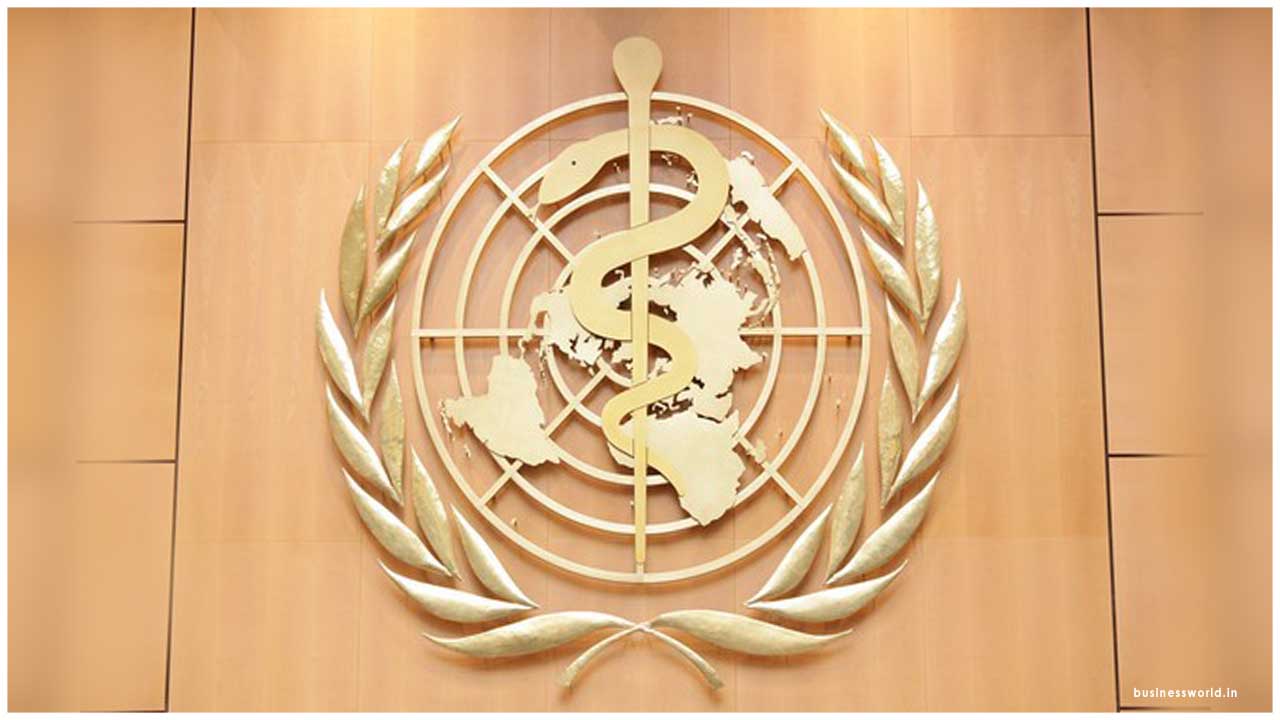The COVID-19 pandemic has disrupted or halted critical mental health services in 93% of countries worldwide while the demand for mental health is increasing, according to a new WHO survey. The survey of 130 countries provides the first global data showing the devastating impact of COVID-19 on access to mental health services and underscores the urgent need for increased funding.
The survey was published ahead of WHO’s Big Event for Mental Health ̶ a global online advocacy event on 10 October that will bring together world leaders, celebrities, and advocates to call for increased mental health investments in the wake of COVID-19.
WHO has previously highlighted the chronic underfunding of mental health: prior to the pandemic, countries were spending less than 2 per cent of their national health budgets on mental health, and struggling to meet their populations’ needs.
And the pandemic is increasing demand for mental health services. Bereavement, isolation, loss of income and fear are triggering mental health conditions or exacerbating existing ones. Many people may be facing increased levels of alcohol and drug use, insomnia, and anxiety. Meanwhile, COVID-19 itself can lead to neurological and mental complications, such as delirium, agitation, and stroke. People with pre-existing mental, neurological or substance use disorders are also more vulnerable to SARS-CoV-2 infection ̶ they may stand a higher risk of severe outcomes and even death.
“Good mental health is absolutely fundamental to overall health and well-being,” said Dr Tedros Adhanom Ghebreyesus, Director-General of the World Health Organization. “COVID-19 has interrupted essential mental health services around the world just when they’re needed most. World leaders must move fast and decisively to invest more in life-saving mental health programmes ̶ during the pandemic and beyond.”
Survey finds major disruptions to critical mental health services
The survey was conducted from June to August 2020 among 130 countries across WHO’s six regions. It evaluates how the provision of mental, neurological and substance use services has changed due to COVID-19, the types of services that have been disrupted, and how countries are adapting to overcome these challenges.
Countries reported widespread disruption of many kinds of critical mental health services:
Over 60% reported disruptions to mental health services for vulnerable people, including children and adolescents (72%), older adults (70%), and women requiring antenatal or postnatal services (61%). 67% saw disruptions to counseling and psychotherapy; 65% to critical harm reduction services; and 45% to opioid agonist maintenance treatment for opioid dependence. More than a third (35%) reported disruptions to emergency interventions, including those for people experiencing prolonged seizures; severe substance use withdrawal syndromes; and delirium, often a sign of a serious underlying medical condition. 30% reported disruptions to access for medications for mental, neurological and substance use disorders. Around three-quarters reported at least partial disruptions to school and workplace mental health services (78% and 75% respectively).
While many countries (70%) have adopted telemedicine or teletherapy to overcome disruptions to in-person services, there are significant disparities in the uptake of these interventions. More than 80% of high-income countries reported deploying telemedicine and teletherapy to bridge gaps in mental health, compared with less than 50% of low-income countries.
WHO has issued guidance to countries on how to maintain essential services ̶ including mental health services ̶ during COVID-19 and recommends that countries allocate resources to mental health as an integral component of their response and recovery plans. The Organization also urges countries to monitor changes and disruptions in services so that they can address them as required.
Although 89% of countries reported in the survey that mental health and psychosocial support is part of their national COVID-19 response plans, only 17% of these countries have full additional funding for covering these activities.
This all highlights the need for more money for mental health. As the pandemic continues, even greater demand will be placed on national and international mental health programmes that have suffered from years of chronic underfunding. Spending 2% of national health budgets on mental health is not enough. International funders also need to do more: mental health still receives less than 1% of international aid earmarked for health.
Those who do invest in mental health will reap rewards. Pre-COVID-19 estimates reveal that nearly US$ 1 trillion in economic productivity is lost annually from depression and anxiety alone. However, studies show that every US$ 1 spent on evidence-based care for depression and anxiety returns US$5.

 World Mental Health Day on 10 October to highlight urgent need to increase investment in chronically underfunded sector
World Mental Health Day on 10 October to highlight urgent need to increase investment in chronically underfunded sector

































